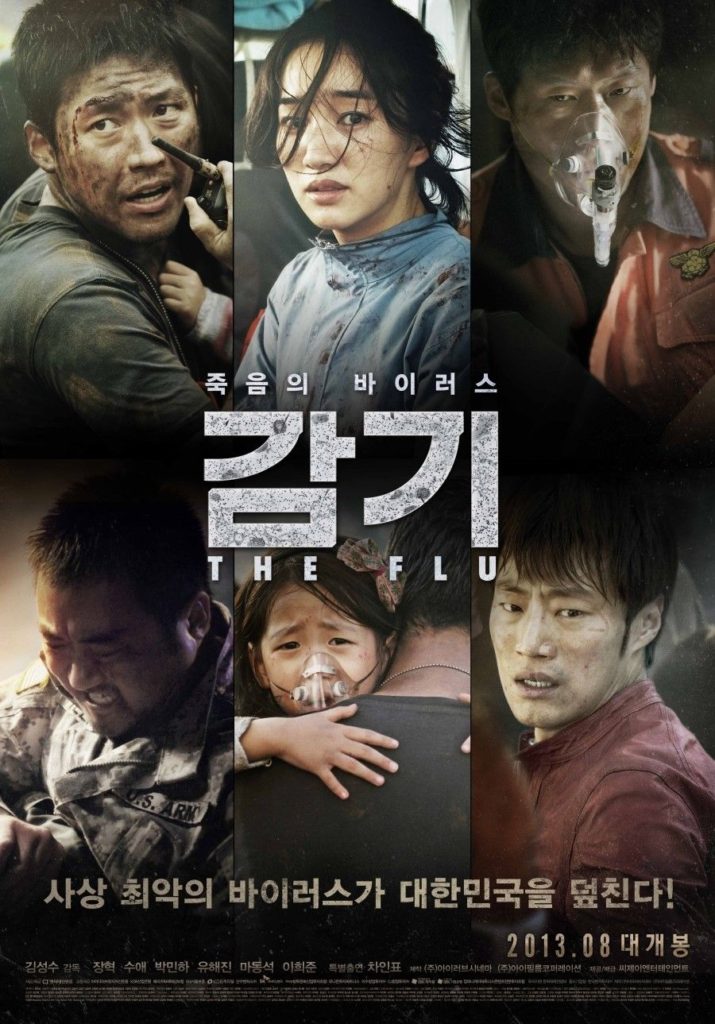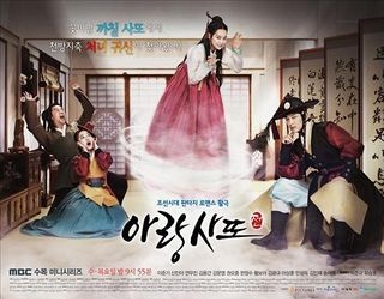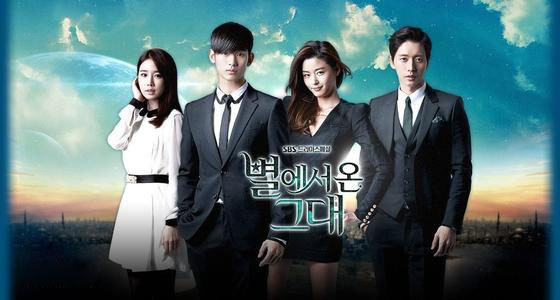Korean Movie Review: Flu (2013)

If you need to know one thing about Flu (2013), know that it tries very, very hard to convey to its audience the importance of treating people with dignity and humanity — and that within the first five minutes, it fails in the most hamfisted of ways. It might seem like a strange choice to review a disaster film for a SFF column, but when you think about it, disaster films also take a premise based on scientific facts — in this case, an epidemic — and extrapolate it to an extreme level. Directed by Kim Sung Soo and written by Kim and Lee Young Jong, Flu imagines what would happen if a mutated version of the avian flu virus were to hit Bundang, South Korea. Infected patients die within 36 hours, sporting large rashes and vomiting blood, all of which results in mass panic and the inhumane detainment of Bundang’s citizens, who are all condemned to extermination by a political elite more concerned with saving their own skins than valuing the lives of the ordinary people. At the center of Flu is Kim In Hae (Soo Ae), a doctor involved in the effort to find a cure for the virus; Kang Ji Goo (Jang Hyuk), an everyman rescue worker who crosses paths with In Hae after saving her from a car crash; and Mi Reu (Park Min Ha), In Hae’s daughter. And that’s where the movie really falters, because even while trying to tell a story about the grotesqueries of a callous government wholly unconcerned about protecting its people, it chooses the most respectable characters as the heroes of the story.
Korean Drama Review: Kingdom (Season 1)

Zombie stories are, for many reasons, a mess. Despite the fact that zombie lore originated with enslaved Haitians who feared that they would be forced to labor even after they died, many contemporary zombie stories focus on white people and their desire to run amok in a world disturbingly devoid of people of color. Not so, however, with the subject of this month’s Korean drama review: Kingdom. The Netflix original series, which released its entire first season in January of this year, transports zombies to medieval Joseon Korea and adds its own twists to the lore, utilizing it to deliver a commentary on the horrific consequences of poverty and inequality. (Warning for minor spoilers ahead.)
Korean Drama Review: Arang and the Magistrate

Sometimes there are shows that fill you with excitement because they seem like they’ll give their female characters compelling motivations and genuine agency in the plot, only to completely disappoint you by reverting to the same old misogyny and conservatism found in any other show. Arang and the Magistrate was one such show for me. Although I enjoyed watching it in the beginning, I was left with bitterness at the end because the women in the series received such disappointing resolutions to their character arcs. (Warning ahead for spoilers!)
Month of Joy: A Nico Minoru Appreciation Post by Kerry Truong

When I was trying to think of a topic to write about for Month of Joy, I considered several options: Pokémon, cooking, the Robins. All of these things do make me happy, but for various reasons (mostly of the “life got bonkers” variety), I never got around to writing about them. Then I sat down to watch the second season of Marvel’s Runaways, saw Nico Minoru in all her gay goth girl glory, and felt my heart swell with joy and recognition. So I busted out my laptop, and here I am, writing about why Nico is one of the most important characters of 2018 for me.
Korean Drama Review: W – Two Worlds

Stories can be about many things. There are stories about love, revolution, trauma, or all of these things at once. And then there are stories that are about, well, stories. Storyception, if you will. Often, these stories are about creators and their work, and they force us to think about the very process it takes to make the books, movies, and comics that we consume. Where do the ideas come from? What does it cost to bring them to life? What are the consequences? I really enjoy these kinds of meta stories, so of course I was immediately drawn to W: Two Worlds. W: Two Worlds originally aired from July 2016 to September 2016. As the title suggests, it’s about two different worlds: the real world, where the main character Oh Yeon Joo lives, and the fictional world of a famous webtoon named W, where our other main character Kang Chul is the protagonist. W (the webtoon, not the drama), is written and drawn by Yeon Joo’s father and follows rich boy vigilante Chul as he attempts to find the culprit who murdered his family one fateful night.
Korean Drama Review: You Who Came from the Stars

When you think about science fiction and fantasy TV shows, you might think about series like Star Trek and Doctor Who, or Adventure Time and Game of Thrones. You might not, however, think about Korean dramas. Yet there are many Korean dramas with science fiction and fantasy elements. Most of these shows might be more accurately classified as paranormal romances due to their focus on a relationship between the main characters, but that focus certainly doesn’t take away from the fact that there are cursed goblins, comic book heroes coming to life, and aliens from another star galore in these Korean dramas.

